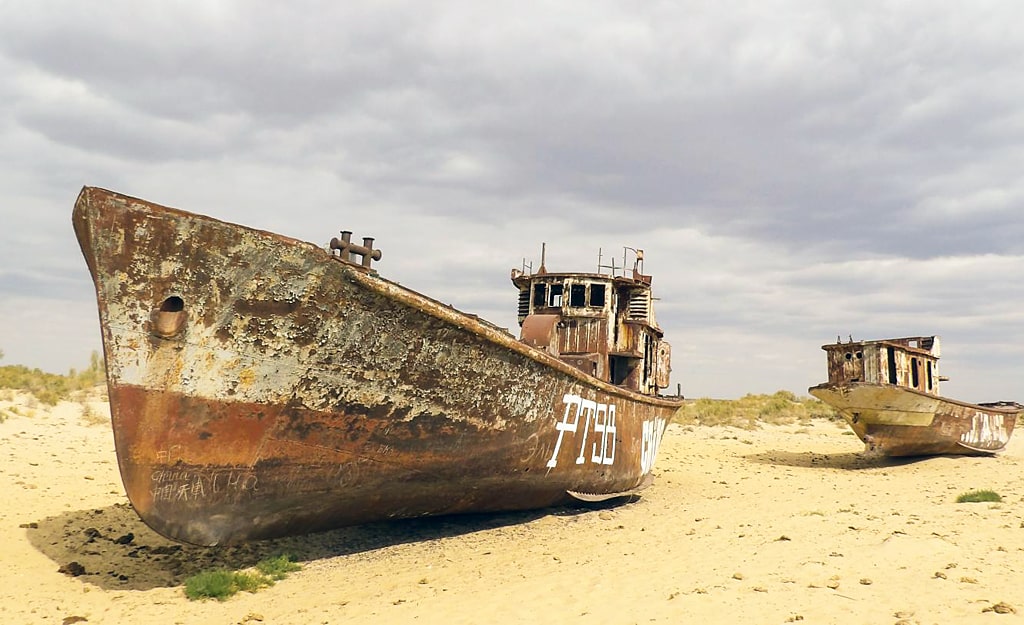The U.S. Agency for International Development (USAID) on November 10 announced the launch of the second phase of its Environmental Restoration of the Aral Sea (ERAS II) activity.
The US Embassy in Tashkent says USAID will spend approximately US$1.6 million to counter the adverse effects of desertification in the Aral Sea region by improving air quality and living conditions and by strengthening climate change resilience. ERAS II will focus on planting new forests in the Aral Sea region of Uzbekistan, building on the ongoing first phase, which focuses on the northern part of the Aral Sea in Kazakhstan. USAID will promote bilateral cooperation to advance the restoration of the Aral Sea ecosystem and improve livelihoods in the region.
This work supports the United States Government’s Roadmap for Nature-Based Solutions which was announced at the 2022 United Nations Climate Change Conference (COP27) to advance nature-based solutions as a go-to option for fighting climate change and boost progress towards U.S. climate goals.
In addition to planting new forests (afforestation) in the Aral Sea region, USAID will support research into, and the dissemination of, innovative technologies for planting and irrigation. Both Kazakhstan and Uzbekistan have committed to promoting knowledge exchange and integrating efforts to address the adverse effects of the Aral Sea disaster.
ERAS II will be implemented by the USAID Regional Water and Vulnerable Environment activity in cooperation with the State Committee on Forestry, State Committee for Ecology and Environment Protection, Ministry of Innovative Development, International Innovation Center for the Aral Sea Basin under the President of the Republic of Uzbekistan, academic and research institutions and administration in Muynak district, and the Ministry of Ecology, Geology and Natural Resources of Kazakhstan.
The Aral Sea tragedy is one of the world’s most infamous environmental disasters. Once the fourth-largest lake in the world, by 1997 the sea had shrunk to approximately 10% of its former size due to water diversions from the Amu Darya and Syr Darya rivers for agriculture.
In the early 1960s, as part of the Soviet government plan for cotton to become a major export, the Amu Darya River in the south and the Syr Darya River in the east were diverted from feeding the Aral Sea to irrigate the desert in an attempt to grow cotton, melons, rice and cereals. This temporarily succeeded, and in 1988, Uzbekistan was the world's largest exporter of cotton. Cotton production is still Uzbekistan's main cash crop.
Today, the area contributes heavily to annual sand and dust storms that negatively impact the environment and human health for hundreds of kilometers around the region.




